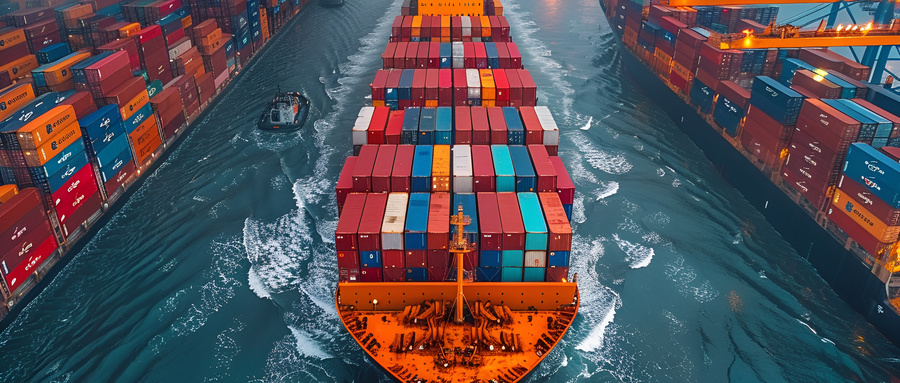


Shipping container rates on trans-Pacific Asia-to-US routes continued to rise in December amid potential New Year dockworkers' strikes and tariff fears.
The Freightos Baltic Index for the week ended Dec. 17 showed freight rates from Asia to the U.S. West Coast rose 10% to $4,301 per 40-foot TEU. Shipping rates from Asia to the U.S. East Coast rose 13% to $5,814 per 40-foot TEU.
"Since the arrival window prior to January 15 has closed, the lead time for the strike may have been exhausted," Freightos research director Judah Levine wrote. "But President-elect Trump's recent explicit support for the International Longshoremen's Association and his opposition to the introduction of semi-automated equipment at these ports could make a strike, or at least a prolonged strike, much less likely." Expectations of tariff increases next year may still drive some counter-seasonal cargo volume growth, which is also reflected in reports of a shortage of reefer containers."
In contrast, the Asia-Northern Europe route fell 5% to $5,051 per FEU, while the Asia-Mediterranean route fell 2% to $5,761 per FEU.
"Last week, Asia-Europe/Mediterranean container rates fell slightly, although mid-month GRI (general rate increase sought by sea carriers) will try to push rates higher soon," Levine wrote. "But the current freight rate of more than $5,000 per FEU is still very high. Due to the early start of demand ahead of the Lunar New Year due to the diversion of the Red Sea this year, prices are 12-18% higher than at the end of November and more than 40% higher than in October. Increased volumes combined with some bad weather in the Far East have caused congestion at some container hubs in Japan and China."
As trans-Pacific freight rates rebound, GRI is expected to rebound as well.
"Despite last week's increase, prices are still lower than at the end of November. But relative to Asia-Europe, rates on the trans-Pacific route have shown more dynamism since the end of the peak season, due to early loading ahead of a possible International shipping Association strike on January 15, as well as expected tariff increases in the wake of the upcoming Trump administration."





